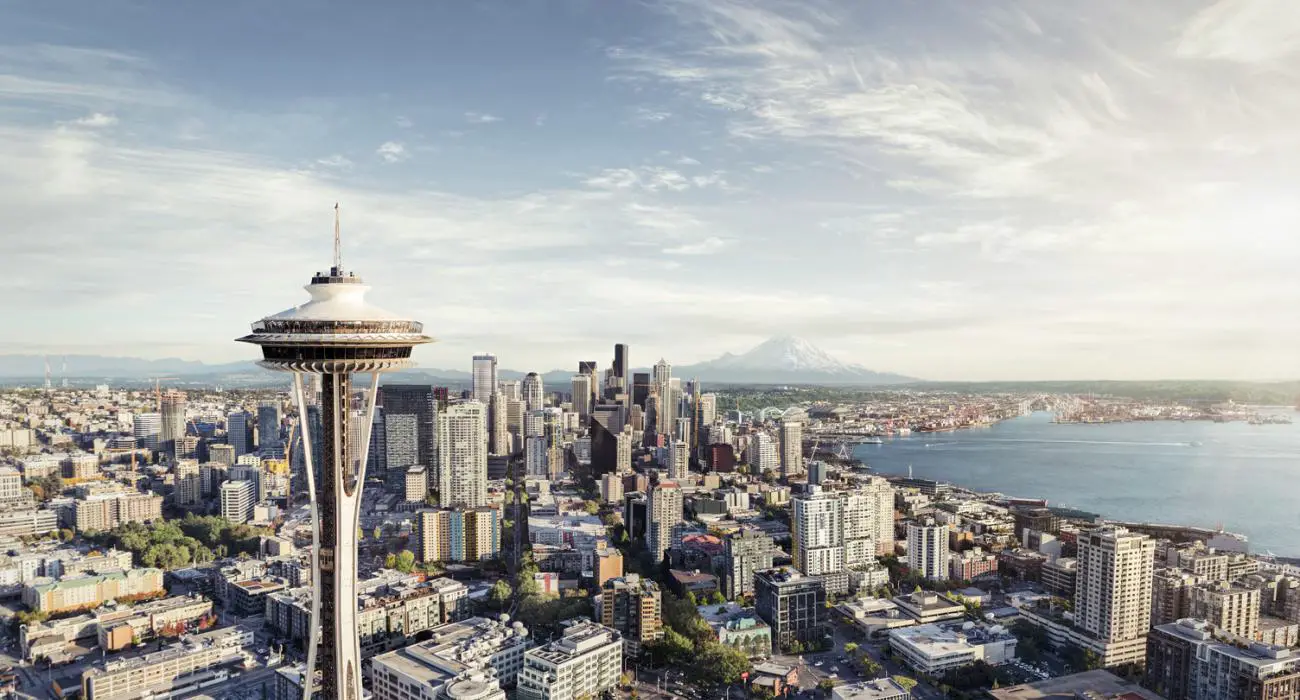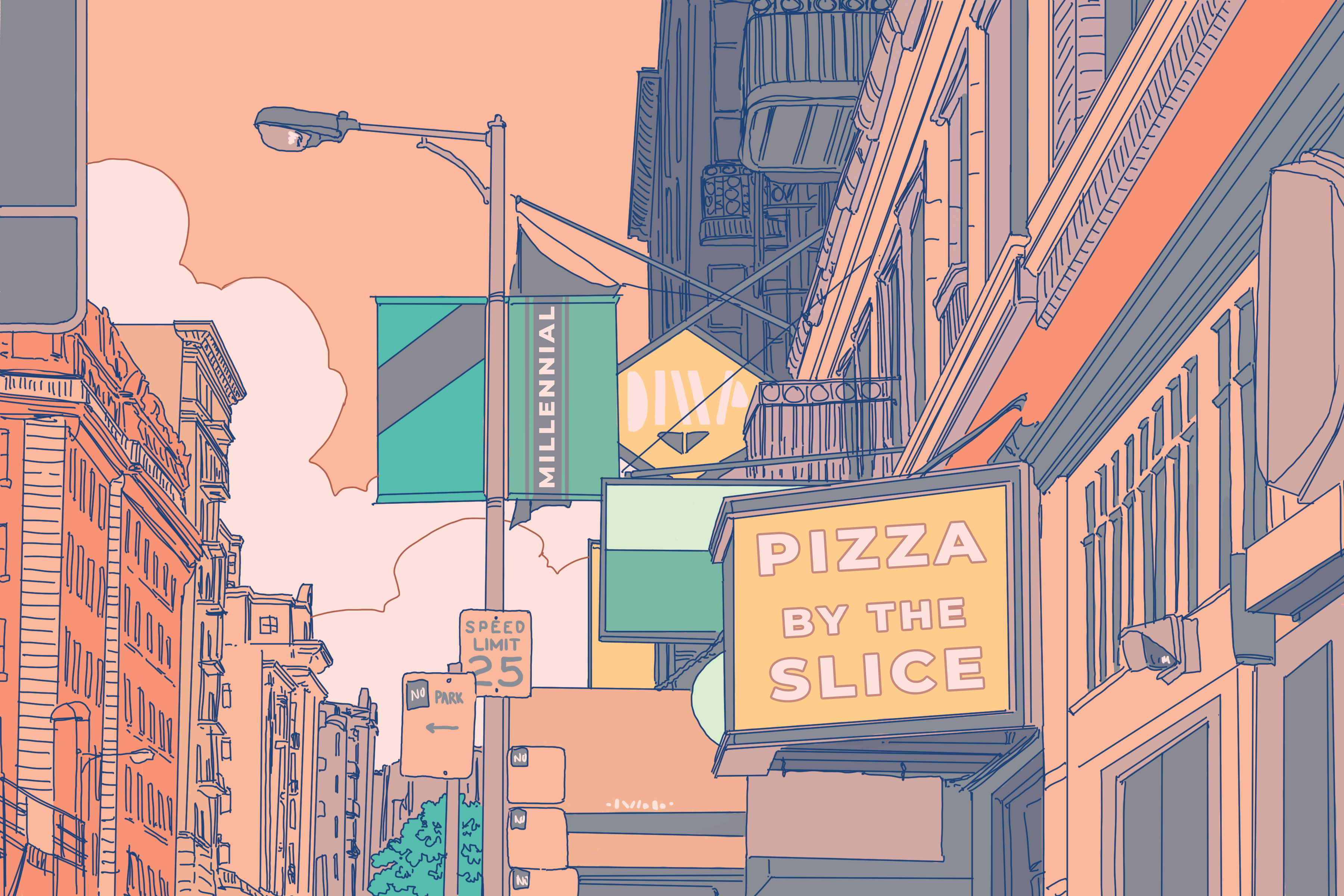It’s no news that millennials are living differently than older generations. With new technologies, the rising population of America and the ever-growing economic issues that plague citizens, it’s not surprising that younger people are finding themselves in novel situations. Not to mention, every generation does things in new ways, usually to the dismay of the people who raised them.
Still, the issue of basic housing needs never change. A dry, warm place to sleep is probably the simplest feature a home has to have. Despite this, there are a number of discrepancies between where millennials and older generations are living, and quite a few people have opinions on where millennials want to live.
So, what makes a city good for millennials as opposed to everyone else?
A simple internet search yields massive results on this issue. Articles upon articles talk about where millennials want to live, but not everyone is talking about why they want to live in these places. Affordability and jobs — and Seattle, for some reason — seem to be what these “best-city” article writers think millennials are craving when it comes to housing choices.
They’re right, for the most part, but these needs aren’t specific to millennials. Everyone wants an affordable city with good jobs. The fact that so many “good millennial cities” are, in fact, cities, almost totally rules out the affordability aspect, and the number of jobs depends wholly on what field the job-seeker is in.
These characteristics don’t explain why a millennial would want to live in one of these cities, or what the difference is between a millennial city and an older person city. The differentiation between millennial and older-generation living actually comes from cultural, societal and economic shifts that drive millennials to search for homes differently than young people of the past.
Sure, older people didn’t have it easier than millennials, but, in some aspects, things certainly weren’t as hard. College was cheaper, and a degree wasn’t totally necessary to get a well-paying job. These days, loans are on every millennial’s mind, and tuition rates rise all the time. Plus, housing prices were lower in the past, so moving to a city wasn’t always based on how affordable the area was.

There are also lots of stories and songs about older generations heading off on their own to make their big dreams come true in New York, or Hollywood — but not usually Seattle — without huge consequences. When they were done with chasing dreams, they’d get married and move to the suburbs. Everybody loved the suburbs.
Even now, older generations tend to live in warm states with plenty of suburbs. Florida, Virginia and New Mexico, for example, had some of the highest populations of people aged 65 and up in 2014.
These days, needs and the ability to accomplish certain things, such as buying a nice suburban home, have changed. Millennials would love to follow their dreams in the big city, but more and more of them are living at home. Moving to the suburbs doesn’t sound too bad for a millennial, but the average young person is more likely to live somewhere they can rent once they do leave home, as opposed to garnering more debt through a home loan.
This reservation to leave the nest and buy a house isn’t about being coddled or selfish. Millennials were either young adults or children during the recent 2008 recession and had to live through both that and the uphill climb to get the American economy back on track. Not surprisingly, millennials, now, are a little nervous about making the leap to a suburban home without being totally ready, especially with the rise of house prices and student debt.
There’s no escape from money troubles for those millennials who decide not to go to college and accrue debt. It’s becoming more and more difficult to find a job without a college degree thus prompting those who do move away from home to move back quickly when job opportunities are limited. Millennials likely want real houses like everyone else but simply can’t transition to suburban areas without being broke.
Even with the similarities in housing desires between the young and old, the idea of a specifically millennial-approved city isn’t such a stretch. Changing values from older generations drive millennials to seek more technology oriented, diverse areas to live in. More modern jobs are available in metropolitan areas, and the jobs usually pay better, too.
It’s really no actual mystery as to why millennials seek out cities like Seattle, or San Francisco or even Portland. These cities are surrounded by changing, lively environments, and are on the more progressive side for a more progressive generation. Unfortunately, they are far from affordable, which means that these cities can never be truly perfect for the money-wise millennial, despite the landscape of lively, changing city life.
In the end, the idea of a city perfect for millennials is just that: an idea. Changes in society and culture can surely sway the way different generations are raised and the values they develop, but, even among millennials, everyone is unique in their situations and ideals.
Even though many millennials are not buying suburban homes, that doesn’t indicate any desire to be in the city. Young people are simply making economical decisions in a world full of money-draining endeavors.

Sure, a bright city, abundant in modern jobs and rife with diversity, would have a big pull for many of America’s contemporary youths, but the reality of affordability — for renting in cities or buying starter homes — keeps quite a number of millennials from leaving the nest in the first place. Even then, with the choice to move away from home, many millennials would want to plant roots in a comfy suburban setting because not every single person born between 1980 and 2000 is the same.
The conclusion that can be drawn from this is that a perfect millennial city doesn’t have to be specific, or even be Seattle, and that trying to pinpoint that perfect city is going to be just as hard for millennials as it was for Baby Boomers.
However, it’s safe to assume that the perfect city for Baby Boomers is somewhere in Florida.

















